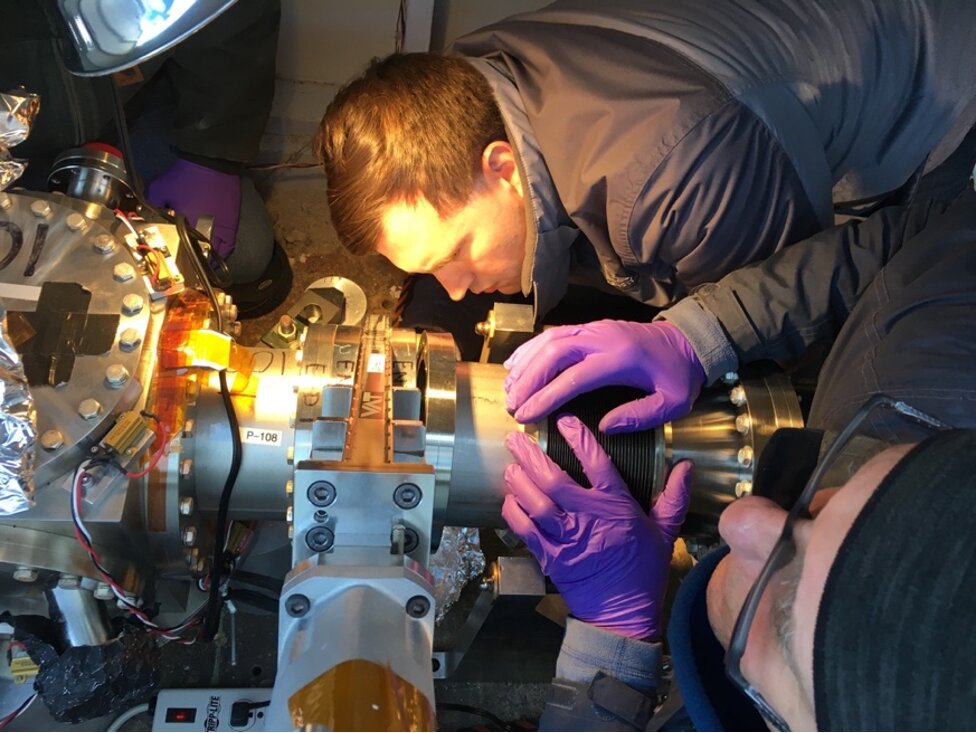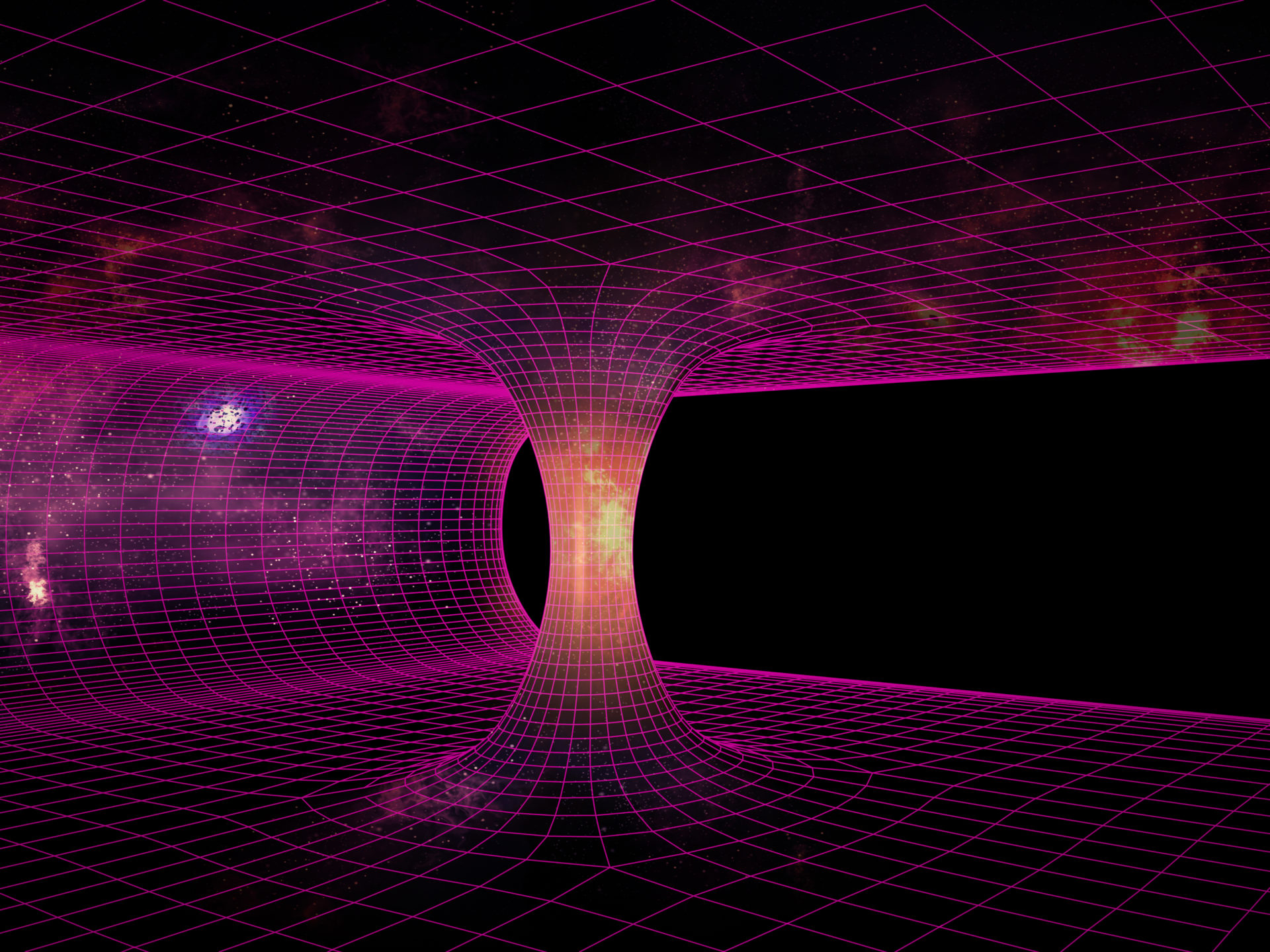Fermilab scientists have been conducting experiments to look for quantum fluctuations of space and time at the smallest scale imaginable according to known physics. At this limit, the Planck length, our classical notions of space and time break down.
Planck-scale jitters of space and time themselves are so small that they’ve never been measured in the laboratory.
It has long been thought that the Planck scale is too small to study in any experiment, but about 10 years ago Fermilab researchers decided to try it anyway. It’s possible that Planck-scale quantum uncertainties of space-time add up over the time it takes light to cross an experiment, so an impossibly small effect becomes merely very hard—rather than impossible—to detect. So, they built an apparatus called the Fermilab Holometer to look for very small fluctuations in widely separated locations.
Because matter is the source of gravity, it obviously affects space and time. Gravitational waves, which are made of pure space-time, carry energy and information, even through “empty” space, and matter can turn into pure space-time, in the form of black holes. But nobody understands exactly how quantum stuff relates to space and time.
On a modest, 40-meter scale, the Holometer resembles giant detectors, such as the Laser Interferometer Gravitational-Wave Observatory in Hanford, Washington, and Livingston, Louisiana, that are used to detect gravitational waves from distant objects. Like LIGO, it uses mirrors and light—laser interferometers—to measure the shaking of space and time. In the Holometer, the laser light and mirrors, taken together as a system, become a nonlocal quantum object 40 meters long in one direction and 40 meters in another. They create an output signal that depends on quantum differences in the mirror positions. One can measure fluctuations from random changes of relative position of only one Planck length every Planck time if they are coherently correlated on the scale of the apparatus.
Result is no jitters, which can be interpreted as no Planck-scale twists, of a certain kind, in the fabric of space-time. It seems space-time at the Planck scale is very quiet indeed.
The reason to keep looking for these effects is that we may never understand how quantum space-time works without some measurement to guide theory. (Phys.org)
They recently published a paper on their findings.
The post How quiet is quantum space-time at the Planck scale? appeared first on Swiss Quantum Hub.



